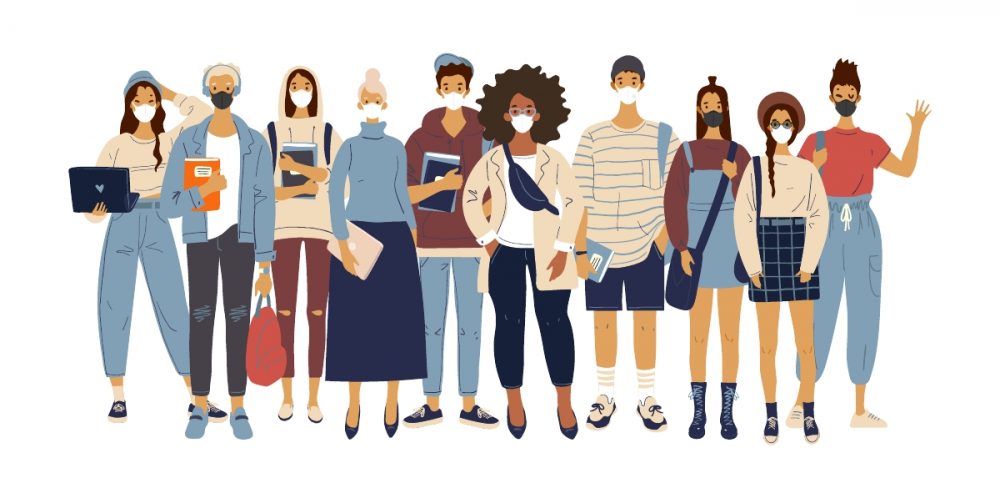
Young people are facing devastating health and social impact of the COVID-19 pandemic during their critical developmental period. However, their health and well-being are often neglected and superseded by other immediate considerations over the pandemic control and the economy. As the UN Inter-agency Network on Youth Development emphasizes, sustainable recovery from COVID-19 is possible only if young people are reached and included.
Identifying the health and social conditions that are most severely affected by the pandemic among young people across the socioeconomic ladder will inform targeted public health interventions in mitigating inequalities induced by the pandemic.
Building a strong international alliance via this project could allow cross-country comparison on how different social contexts and mitigation measures affect the health and social conditions of young people, and also arouse policy attention to respond to the crisis through engagement, empowerment, and resilience-building of our younger generations.
For each country involved in this project, we will conduct cross-sectional surveys to examine:
- the association between socioeconomic position (SEP) and psychosocial health and well-being among secondary school students; and
- whether SEP affects psychosocial health and well-being through COVID-19-related social conditions (i.e. a mediation analysis).
By doing so, we will gain a better understanding of the impacts of COVID-19 on health and social inequalities among young people and explore how and why the situations differ across the world.
Findings from each participating university will be gathered for a comparative study and disseminated in an online symposium and education seminar. Our findings will help foster knowledge and expertise exchange, promote sustainable and equitable recovery from COVID-19, and facilitate capacity building and development of policies and actions for better preparedness for the next potential worldwide catastrophe.
Latest Publications
Chung, G.KK., Liu, X., Massar, K. et al. (2024) Socioeconomic inequalities in psychosocial well-being among adolescents under the COVID-19 pandemic: a cross-regional comparative analysis in Hong Kong, mainland China, and the Netherlands.
Social Psychiatry and Psychiatric Epidemiology (2024). https://doi.org/10.1007/s00127-024-02649-7